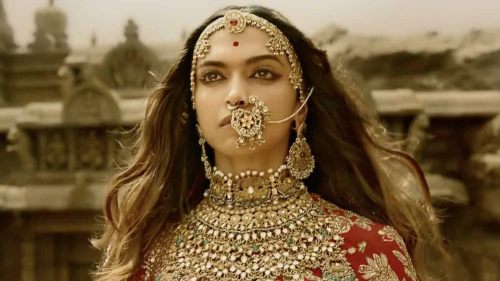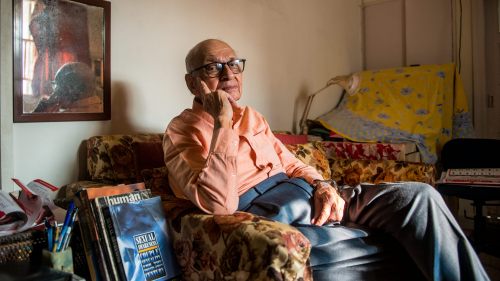Indian Actor Shashi Kapoor Dies At 79
Shashi Kapoor (1938-2017) was globally beloved. Whether you’re in India, the U.S., the U.K., the U.A.E. or elsewhere, chances are you know someone to whom he was an icon. He passed away in Mumbai today, but he leaves behind a legacy that has no equal.
To talk about Shashi Kapoor would be to talk about his father Prithviraj. It would probably entail talking about the entire Kapoor family, the fourth generation of which has begun to make its way on to movie screens, but silent-era actor Prithviraj Kapoor preceded all the glitz and glamour. He founded the Prithvi Theatres group in 1942, a travelling troupe of a few hundred that also included young Shashi, who began his film career just a few years later. Shashi’s first three screen roles were younger versions of characters played by Indian stars Ashok Kumar and Raj Kapoor (Sashi’s older brother), so before he’d even entered his teen years, he was already filling the shoes of legends.
Shashi’s career took something of an unconventional path, even by modern Indian standards. Barring the occasional exception, Indian stars tend to exist separate from western cinema, but Shashi Kapoor was one of the first to truly break down the barrier. Within just two years of landing his first lead role in a major film, he joined up with the newly formed Merchant Ivory Productions in order to carve out a niche that rarely overlaps with the “Bollywood” mainstream: that of English-language films in India. He starred in Merchant Ivory works like The Householder, Bombay Talkie and Shakespeare Wallah within the span of a decade (the latter of which was based on the family of his wife and Bombay Talkie co-star, Shakespearean actress Jennifer Kendall) and by the time the ‘70s rolled around, he’d even crossed over into British and American cinema with Pretty Polly and Siddhartha.
And that was all before Deewar in 1975, his most iconic film. He starred alongside fellow legend Amitabh Bachchan in a role that earned him his first Filmfare Award, but the film’s lasting legacy is crystalized in a single scene between estranged brothers, containing arguably the most famous and recognizable dialogue exchange in Indian cinema:
“Today I have buildings. Properties. A bank balance. A mansion. A car. What do you have?”
“I have a mother.”
While Kapoor would go on to appear in dozens of films both at home and abroad, his biggest contribution to the Indian art world came in 1978 with the founding of Mumbai’s Prithvi Theatre (after his father’s troupe) alongside his wife Jennifer. For nearly four decades. Prithvi has stood at the center of Mumbai’s stage scene, acting as a rite of passage for India’s theatre greats while playing host to everything from workshops to concerts to poetry readings, and of course, to international film screenings – many of which are free to the public.
As one of ‘70s Indian cinema’s major fixtures, Shashi Kapoor was and still is an unavoidable cinematic presence. An instantly recognizable face and charm with which even Indians who have never seen his films are intimately familiar, and by all accounts, a decent human being who’s left at a time when decency feels in short supply. Those of us who came up in Mumbai theatre are forever in his debt, and those of us who grew up gazing at him through cinema and TV screens are equally so.



